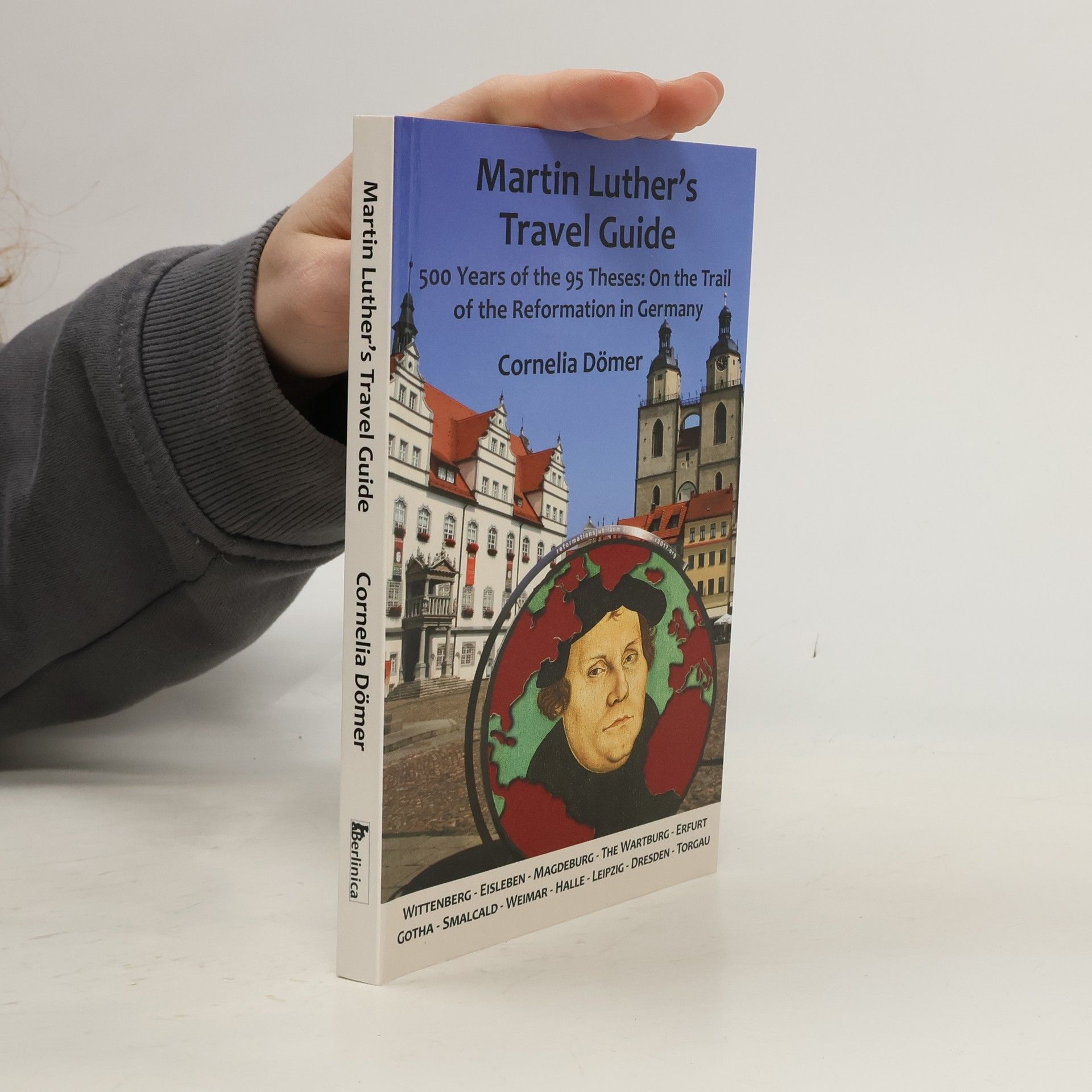For All the Saints
- 226pages
- 8 heures de lecture
Focusing on the evolution of martyrdom and sainthood within German Lutheranism, Robert Kolb provides a comprehensive analysis of how these concepts were redefined during the Reformation. His expertise sheds light on the significant impact martyrs had on Christian thought, theology, and piety, illustrating their crucial role in shaping religious identity and practice in this historical context.

